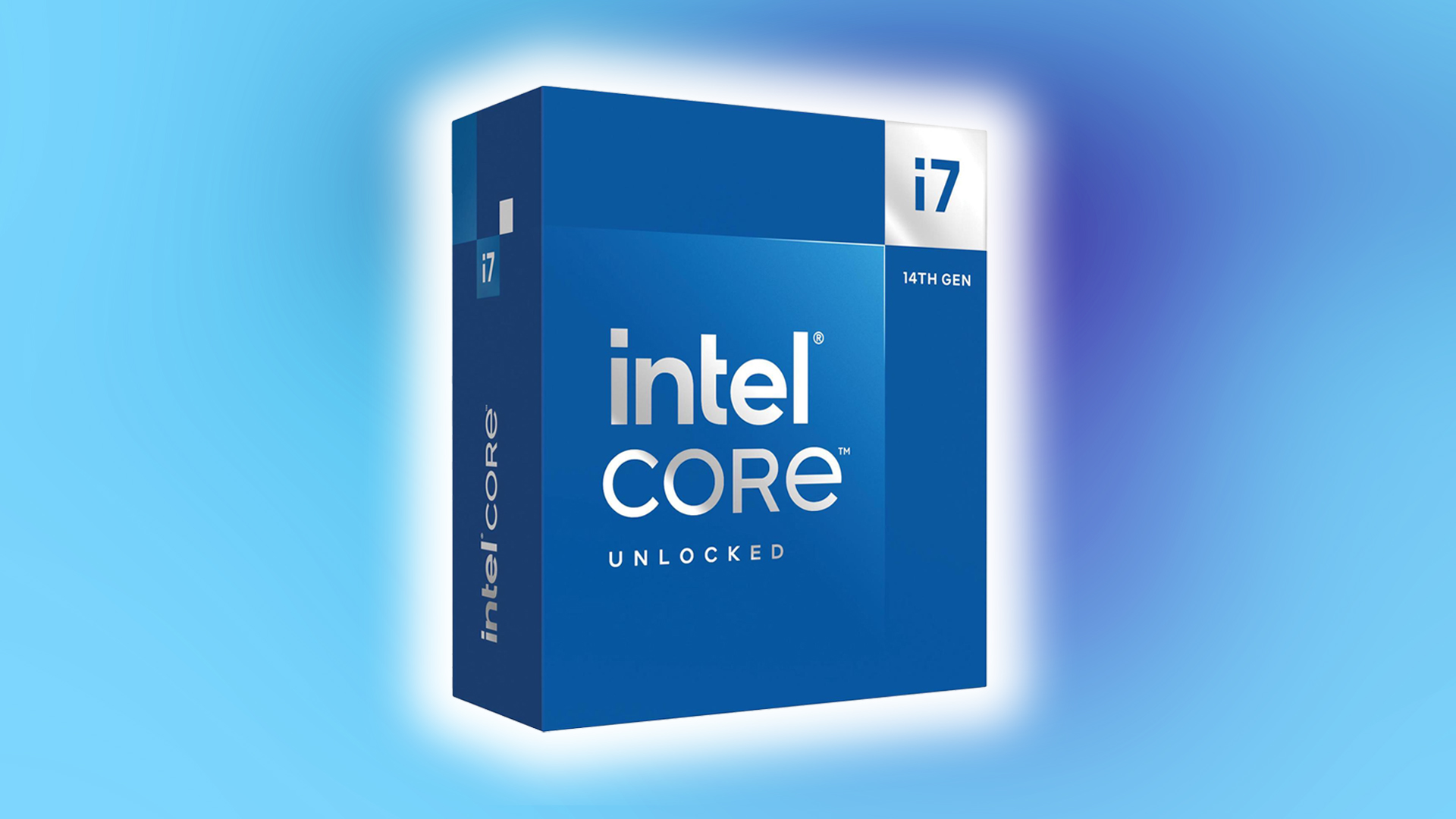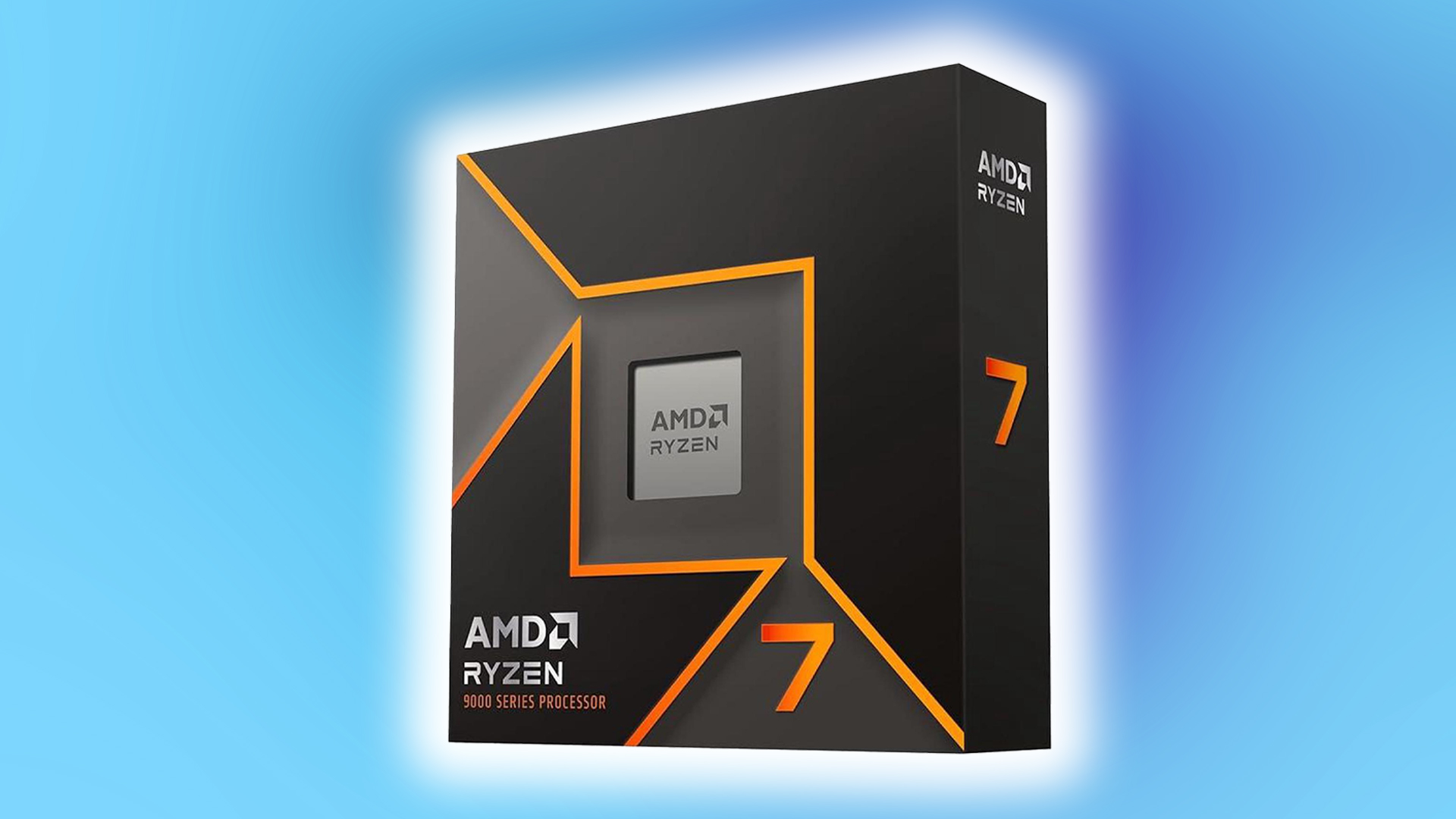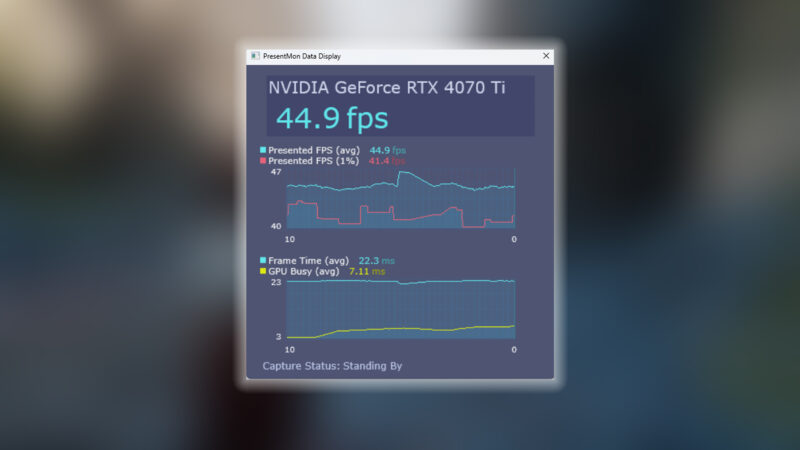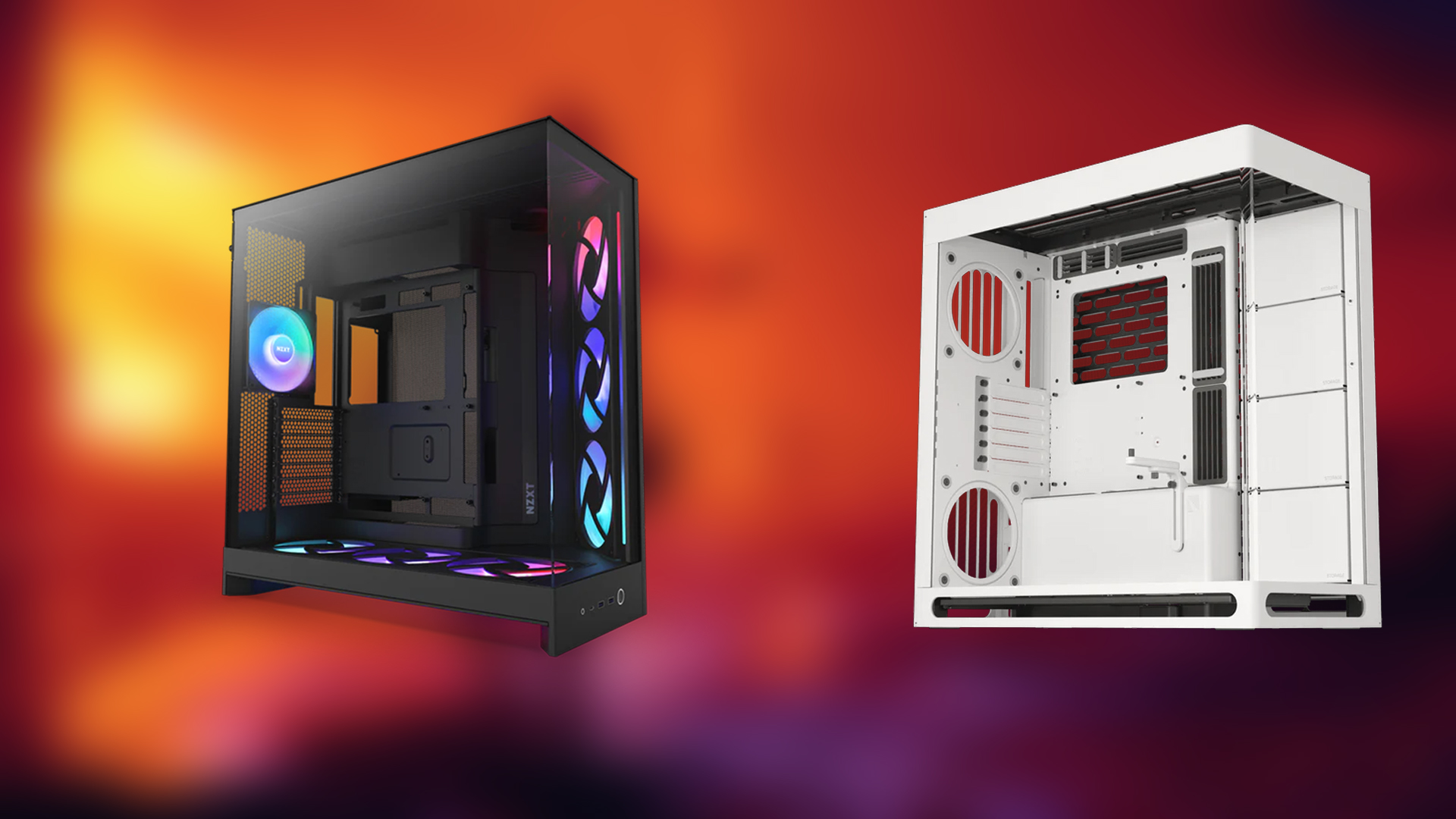Are you looking for a high-end CPU that can do almost everything? Our 14700K with the 9700X comparison will be beneficial.

Intel is no longer the fastest. We all know that the 9950 X3D from AMD is the one to get if you are going that route, period. However, not all CPUs share the same agenda. The majority of consumers prefer value-for-money products. When launched, the Raptor Lake refresh platform received a mixed reception for the little it offered. Even now, after the launch of Arrow Lake CPUs, they don’t offer that much value over their predecessor’s 13th / 12th gen provided that the used prices are incredibly competitive.
Today, our comparison is best suited for people who prefer newer parts and possibly avoid any warranty hassle by buying the best they can afford and keeping it at stock settings. We have cited the official manufacturer data, provided our opinion based on real-world use case scenarios, and divided the two.
Disclaimer—We have referred to newegg.com for pricing information, dated 25 March 2025. Always refer to the manufacturer’s data before making a purchase decision, and check your motherboard’s QVL to avoid compatibility issues. Lastly, if anyone is looking for identical CPU performance like the ones here, please check out our 13700K vs. 7700X comparison. These are great value-for-money options, provided you can find a good used deal on either.
Intel Core i7-14700K vs AMD Ryzen 7 9700X – Design, Strengths, Performance, and Tradeoffs
Intel Core i7-14700K

- Structure – Hybrid CPU architecture with 8 Performance Cores and 12 Efficiency cores.
- Core Configuration – Hybrid.
- Lithography – 10nm node (Intel 7)
Strengths
- Multithreading Capabilities—Provides nearly identical performance to the 14900K, thanks to its increased efficiency core count over the 13700K from 8 to 12 efficiency cores.
- Memory Flexibility—It supports DDR4 and DDR5. We recommend DDR5, as it offers even more performance.
- Turbo Boost – Up to 5.6 GHz on P-cores for short bursts.
- Supports Intel Thread Director.
- Supports Intel Dynamic Tuning.
- Incredible tuning potential to bridge the gap between a stock 14900K
- Easily drive GPUs up to the RTX 5080 / RTX 4090 tier without running into bottlenecks, even at 1080p high refresh rates.
Weaknesses
- It consumes a lot of power when compared to 9700X.
- LGA 1700 support has been discontinued.
- As confirmed by Intel, Raptor Lake CPU architecture is prone to oxidation issues.
- It misses out on performance, which a low-latency DDR5 kit can fix.
- It raises platform costs with its high-end cooling requirements. If tuning is considered, check out our 5 best Z790 motherboards you can pair this with.
- Overclocking voids warranty.
- The $332 retail price is still too high, considering its age and Raptor Lake CPU architecture.
AMD Ryzen 7 7700X

- Structure – Single Core Complex Die (CCD) with 8 active Zen cores and an I/O die.
- Fabrication – TSMC N4P (5nm).
Strengths
- Improved multithreading performance compared to the Ryzen 7 7700X
- Even better power efficiency
- Latest generation GPUs can be used without bottlenecks, up to RTX 5080 / 4090.
- AM5 platform is evolving, and AMD has confirmed support until (2027)
- Lower TDP provides excellent headroom for AMD’s precision boost overdrive and frequency curve optimization.
- The IHS (Integrated Heat Spreader) design is significantly better when compared to the Ryzen 7 7700X
Weaknesses
- 14700K offers significantly better multi-threading performance.
- Average video editing performance is due to a lack of Intel QuickSync.
- Like the 14700K, the 9700X also requires DDR 5 low latency kits to unlock its true potential.
- The $337 pricing feels a bit too much considering the 14700K’s performance.
- Tuning/overclocking beyond the manufacturer’s policies will void your warranty.
Final Verdict
Our verdict remains mostly the same, as in the 13700K vs. 7700X. Both the CPUs we are comparing here, i.e., 14700K and 9700X, are incredible options. The only thing to consider is that if you are a content creator dealing with a lot of footage across multiple mirror-less/film-grade cameras, Intel Quicksync can help you, provided you do not own a Blackwell (RTX 5000) series GPU.
Ryzen 7 9700X is the best option for gamers looking for a platform with more extended support. The 14700K is a better option for people who need Intel Quicksync.
Specs table for both the Contenders.
| Feature | Intel Core i7-14700K | AMD Ryzen 7 9700X |
| Architecture | Hybrid (P+E Cores) | Chiplet Zen 4 |
| Core/Thread Count | 20 cores (8P + 12E) / 24 threads | 8 cores / 16 threads |
| Base Clock | P-core: 3.4 GHz, E-core: 2.5 GHz | 4.5 GHz |
| Boost Clock | Up to 5.6 GHz | Up to 5.6 GHz |
| Cache (L3) | 33 MB | 32 MB |
| Manufacturing Process | Intel 7 (10nm) | TSMC 4nm (CCD), 6nm (I/O die) |
| TDP (Base / Boost) | 125W / up to 253W | 65W |
| Socket Compatibility | LGA1700 | AM5 |
| Base Memory Frequency Support | DDR4-3200 / DDR5-5600 | DDR5-5600 |
| PCIe Support | PCIe 5.0 | PCIe 5.0 |
| Integrated Graphics | Intel UHD Graphics 770 | AMD Radeon Graphics (RDNA 2) 2 CUs |
Looking For More Related to Tech?
We provide the latest news and “How To’s” for Tech content. Meanwhile, you can check out the following articles related to PC GPUs, CPU and GPU comparisons, mobile phones, and more:
- 5 Best Air Coolers for CPUs in 2025
- ASUS TUF Gaming F16 Release Date, Specifications, Price, and More
- iPhone 16e vs iPhone SE (3rd Gen): Which One To Buy in 2025?
- Powerbeats Pro 2 vs AirPods Pro 2: Which One To Get in 2025
- RTX 5070 Ti vs. RTX 4070 Super: Specs, Price and More Compared
- Windows 11: How To Disable Lock Screen Widgets
 Reddit
Reddit
 Email
Email


